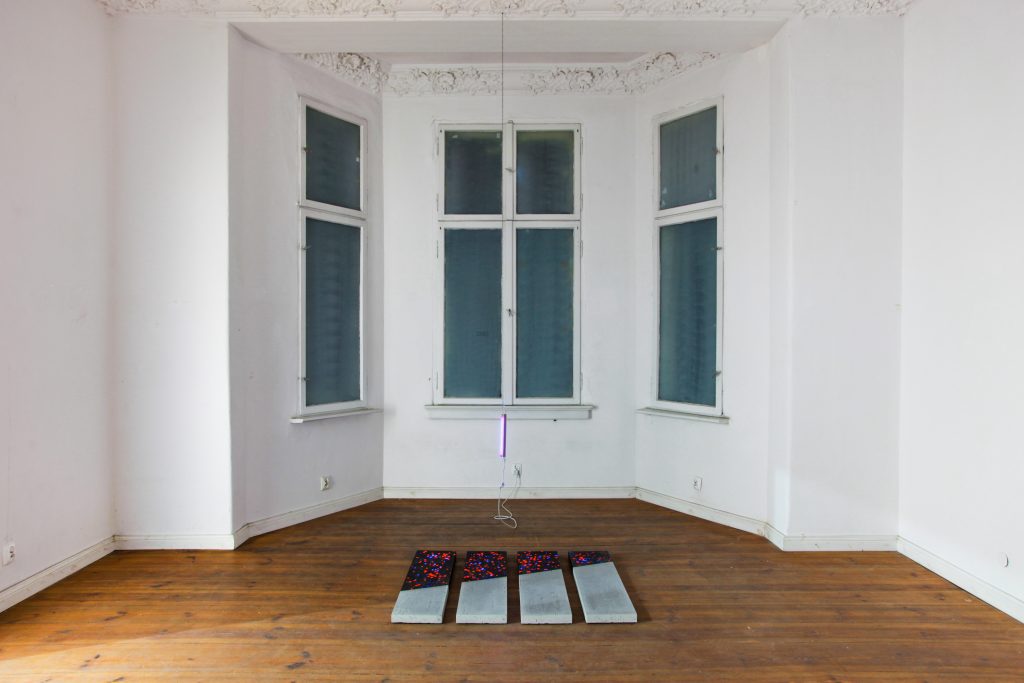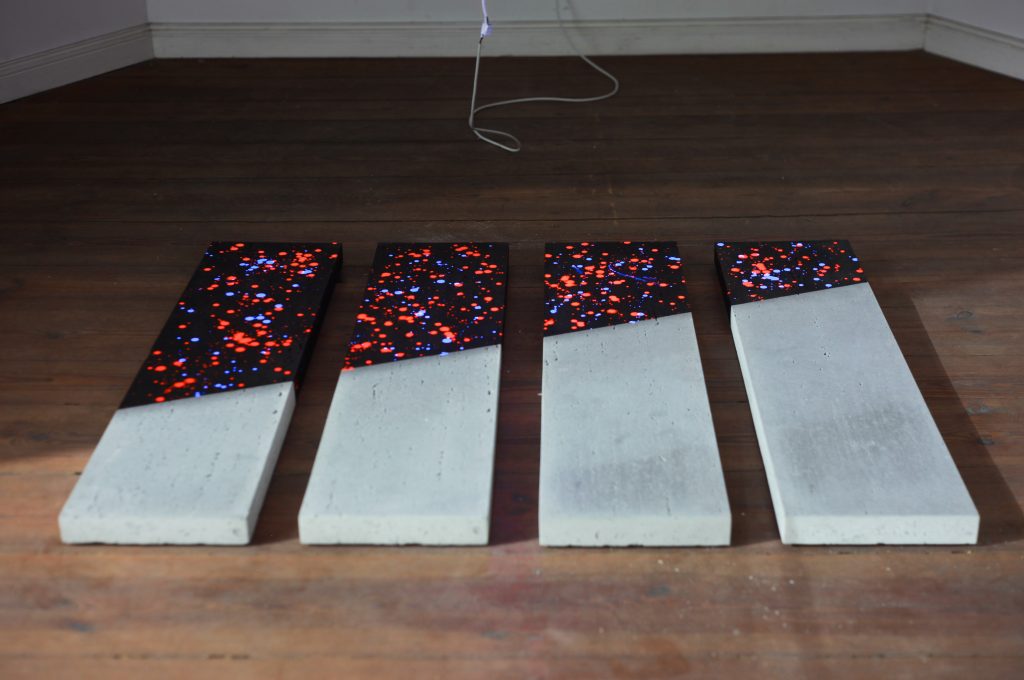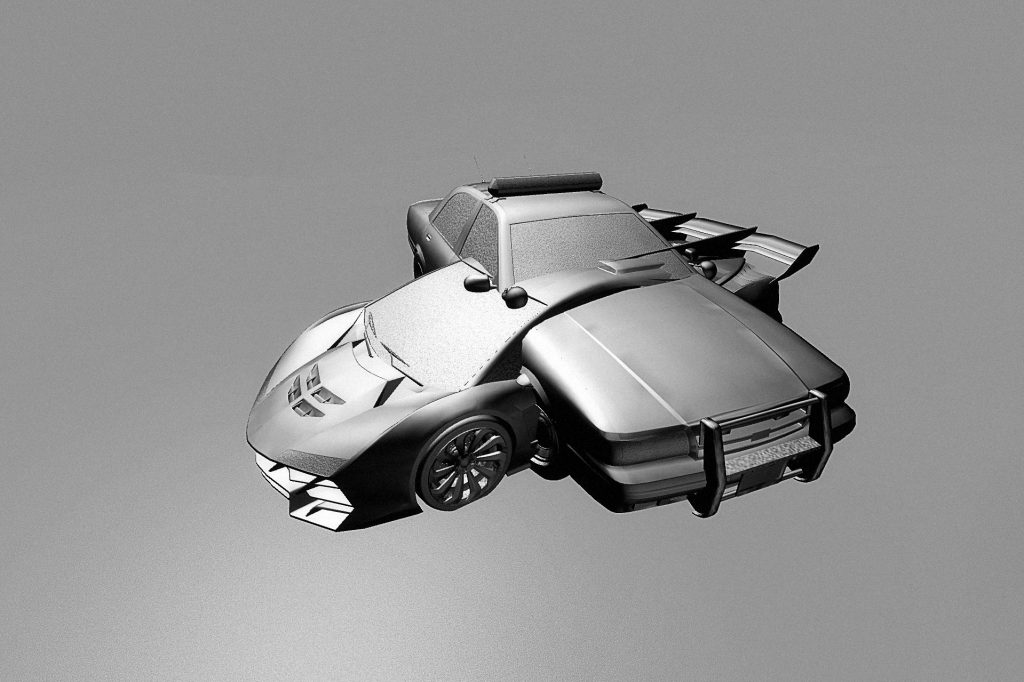What made you choose the topic “Research methods in art practice” (“Metode de cercetare în practica artistică”) for the CAMPart online mentorship program? In how far do you think the topic is relevant for the new generation of artists?
In my course I tackled an aspect that is lacking in Romanian art education. It came as a reaction to my experience as a student at the Art University in Cluj. Oftentimes, the difference that exists between tuition-free and paid student places at the university is misconstrued as a reason to encourage a kind of competition, which leads to a context where dialogue and collaboration among students are discouraged. In this evaluation-obsessed climate, more preoccupied with technical achievements, students’ art practice progresses very slowly on the conceptual level. The first serious interaction that young university artists have with research and articulating an idea is right at the end of their studies, with their thesis project. I believe it is very important for any artist to be mindful of the ideas and contexts they are working with, whether we are speaking of contemporary art or any other field of culture.
Is there a connection between studio practice and teaching practice?
The CAMPart mentorship program was the first teaching program I took part in, so I can’t say I have already developed my own teaching practice. I still have a lot to learn when it comes to teaching methods, but I believe it is a very good environment to increase the impact of the projects I develop – both artistic and curatorial. A project like CAMPart is, for me, more than a strategy to expand and develop an audience, as it has the potential to produce very real changes among the participants, and this aspect is a strong motivation for me to find new ways to adapt the narratives I work with in my art.
Were you inspired by your contact with the young artists? What would you say to artists who are just starting out and looking for a direction?
I myself am a young artist, and I believe I am part of the same generation as the CAMPart participants. I began developing curatorial projects as a student, as part of a student movement that aimed to represent younger generations. The experience exchange, the different perspectives and discussions with my younger colleagues are necessary instruments in my project Aici Acolo Pop Up Gallery, where we work non-hierarchically. I would encourage students to be objective with regard to the notions that contemporary art borrows from the art market and to view systems, institutions, as well as traditional ideas on what constitutes art making, with a critical eye. I would encourage artists to return to their older works, to rehash ideas, to change direction, to collaborate, and be skeptical of the romanticized image of the lonely misunderstood artist.
How do you see the reinvention of art practice, of art making and exhibiting systems, in the context of the current changes, which will impact the art world? What do you think will change in the long run?
I’m skeptical. I don’t believe we will see any major, fundamental changes. What will probably take place is a redistribution of budgets, with shifts and crashes on the level of local art scenes, as some fields will become precarious, but the field of art in general will not fundamentally change, in my view. I am, however, confident that art practices will find themselves in a permanent state of reinvention and adaptation to new contexts, even in the most difficult of situations. Systems of art making and exhibiting are, however, entrenched in the culture and political structure of the society we live in. Even though the current restrictions are causing huge shifts in the economy and only deepening inequality, the hierarchies and systems at work in society, unfortunately, remain intact, in spite of all efforts to effect change and repudiate a capitalist system that has proven itself dysfunctional. Until we have thought up large-scale movements to rethink our politics, I do not believe we will see major changes in the field of art.



